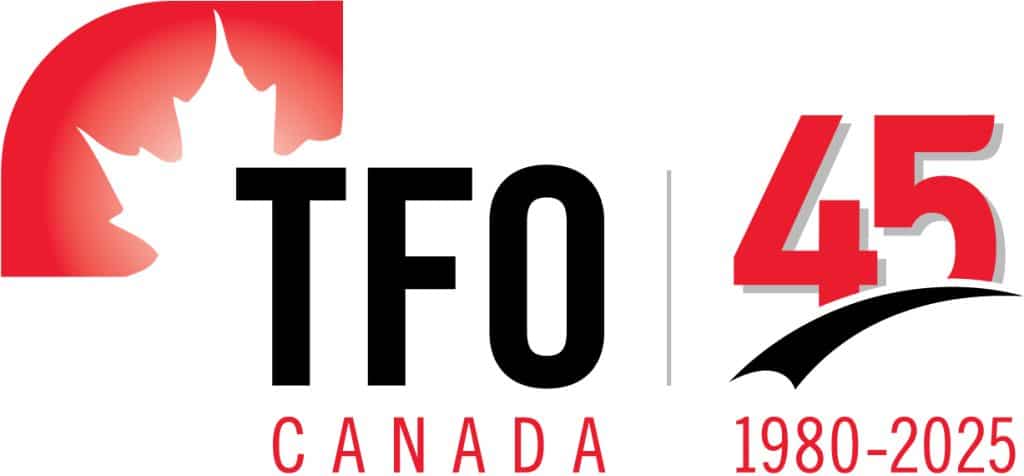Canada likely to avoid recession, begin recovering in second half of 2024: Deloitte
“Still, a number of worrisome trends weigh on the economy
Canada looks set to dodge a recession despite the ongoing downward pressure from higher interest rates, Deloitte Canada said in its economic outlook report.
A number of worrisome trends are still weighing on the economy, Deloitte said, including sticky inflation, rising business insolvencies and increasing mortgage delinquencies.
“Against this backdrop, we remain cautious about the near-term outlook,” the firm said in its report.
“But based on its current trajectory, Canada appears likely to skirt a recession and even seems poised to begin recovering from its current slump in the second half of this year.”
In an effort to fight breakneck inflation, the Bank of Canada raised the country’s key interest rate from near zero in March 2022 to the current 5% with a series of hikes.
Inflation has cooled significantly since then, and Deloitte says the central bank is poised to start cutting interest rates in June. Most economists are expecting cuts to begin in either June or July.
Despite these positive signs, Canada’s economy is likely to remain “stuck in neutral” in 2024, Deloitte said, particularly in the first half of the year, with real GDP growth coming in at around 1% this year before reaching 2.9% in 2025.
Some of the assumptions underpinning Deloitte’s forecasts include robust GDP growth in the U.S., a continued softening of inflationary pressures, cuts from the Bank of Canada and a steady flow of newcomers to the country, supporting demand.
Statistics Canada reported on Thursday (March 28) that Canada’s GDP rose 0.6% in January, with a preliminary estimate of 0.4% growth in February.
The economic recovery is contingent on interest rate cuts, the report said, which themselves depend on inflation continuing to moderate.
“The good news is that measures to cool inflation have made significant progress,” the report stated.
“That being said, the factors that are keeping inflation elevated are not likely to reverse in the near term.”
The biggest headwind is the cost of housing, Deloitte said, as Canadians continue to renew mortgages at higher rates. Higher shelter costs are also being felt by renters.
“Further, wage pressures continue to run well above inflation without any commensurate increase in productivity, and that is driving up unit labour costs for businesses and making it difficult to contain inflation,” the report said.
The labour market continues to hold up remarkably well, Deloitte said, though it predicts employment gains will slow sharply in 2024.
Household spending will remain modest over the first half of the year, Deloitte said, as consumers continue to grapple with the higher cost of living.
“Next year should be much better as interest rates come down, the economy picks up, and pent-up demand is unleashed,” the report said.
Deloitte’s report notes that business investment is falling at a “worrying pace” and elevated interest rates will likely limit the recovery in that area this year.
High rates are weakening the economy and eroding business confidence, the report said: “To cope with softer demand and tighter credit conditions, businesses are increasingly delaying their investment plans, focusing more on maintenance and repair rather than expanding operations.”
Unlike in Canada, the U.S. economy has remained much stronger under the weight of interest rate hikes, though the country’s central bank is also expected to begin cutting rates toward the back half of the year.
Deloitte said it expects the U.S. economy’s strength to somewhat moderate in the coming months but remain positive, posting real growth of 2.4% in 2024 and 1.4% in 2025. ”
*This article is excerpted from Canadiangrocer.com website, published April 1, 2024
